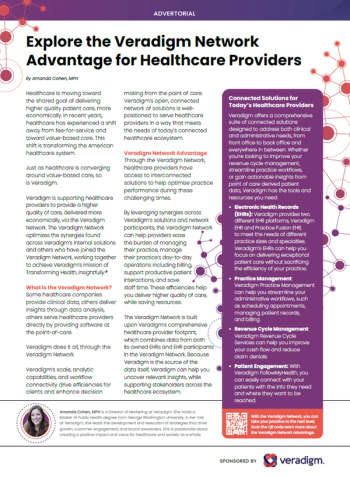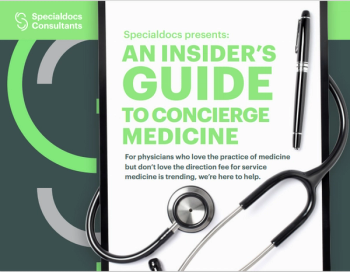
Sponsored Resources











Discover how addressing social factors can lead to measurable improvements in patient recovery and chronic disease management.

"If a patient doesn’t have a good experience with a physician, they are less likely to seek care again, which can lead to lack of regular treatment and monitoring. This contributes to health disparities among all populations but, especially, in the LGBTQ+ community, 30% of whom do not have a regular healthcare provider or seek care less frequently. A whitepaper developed from a study published in Medical Decision Making found patients are more likely to have a positive response to healthcare providers when small interventions are used to signal a commitment to gender inclusivity on the part of the provider. Identifying interventions that increase inclusivity but are also simple to incorporate is crucial."


Discover how Phelps Memorial Health Center streamlined revenue cycle operations and improved cash flow with Inovalon's comprehensive automation and data insights.


"Rising costs. Evolving patient demands. Shiny (and costly) new technology. Dwindling payer and Medicare reimbursement rates. Never-ending staffing woes...specialty practices are acting fast to ensure success in 2025. How will you prepare? Forward-thinking specialty practice leaders are looking to consolidate their top-performing vendors to reduce costs and staffing challenges while ensuring productivity. Review the top 5 trends impacting specialty practices and profits in 2025, and find new opportunities to pursue growth."
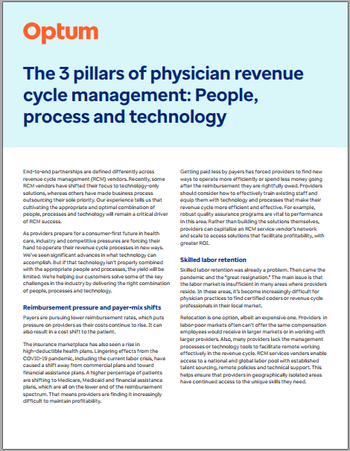
End-to-end partnerships are defined differently across revenue cycle management (RCM) vendors. Recently, some RCM vendors have shifted their focus to technology-only solutions, whereas others have made external partnerships their sole priority. Our experience at Optum tells us that cultivating the appropriate and optimal combination of people, processes and technology will remain a critical driver of RCM success. Whether you're a small practice looking to enhance your revenue cycle or a larger organization seeking to optimize existing processes, this article will provide you with valuable knowledge and actionable steps to unlock success in physician revenue cycle management.

Discover the strategies that are transforming healthcare practices. Learn how top practices are using innovative solutions to optimize patient engagement, reduce costs and increase revenue. Our comprehensive guide, "HealthTech Survey: What Specialty Practices are Using to Fuel Profitability," reveals the latest trends and best practices in healthcare technology. Download now to gain valuable insights and unlock the potential of your practice.
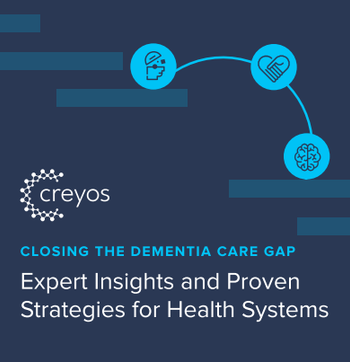
By 2050, it's estimated that 139 million people worldwide will have dementia, but by today's standards, 60% will be undiagnosed. It's clear that there's a significant gap in dementia detection and care, but what can your organization do about it? Get perspectives from clinical leaders and neuroscience experts about the underlying causes and consequences of these gaps, practical opportunities to address them, and a proven roadmap that shows how leading health systems have successfully transformed their dementia screening and care processes.
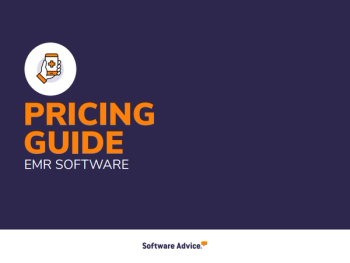
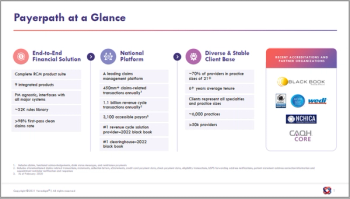
Explore the transformative impact of Veradigm Payerpath on The Orthopaedic & Fracture Clinic's ability to enhance workers' compensation management.
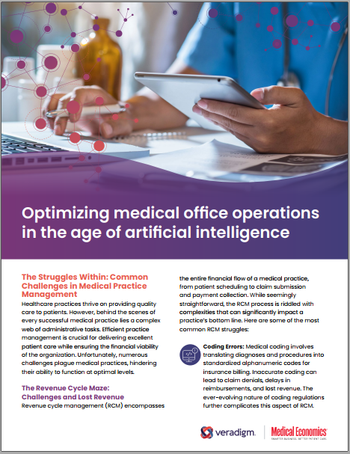
In the era of artificial intelligence, medical practices confront numerous hurdles in managing both front and back-office operations. From revenue cycle complexities to administrative burdens, these challenges impede exceptional patient care. Yet, AI presents a transformative opportunity. By leveraging AI, practices can streamline revenue cycle management, improving coding accuracy, predicting and mitigating claim denials, and automating patient collections. Additionally, AI-powered predictive scheduling revolutionizes appointment management, optimizing scheduling, prioritizing urgent care needs, and reducing no-shows. Download this whitepaper to learn how artificial intelligence can revolutionize your medical practice management.

Want to know how delivering exceptional patient experience translates to a happier and more profitable practice? We uncover five strategies that you can employ within your practice to make sure that you can attract new patients and build patient loyalty.

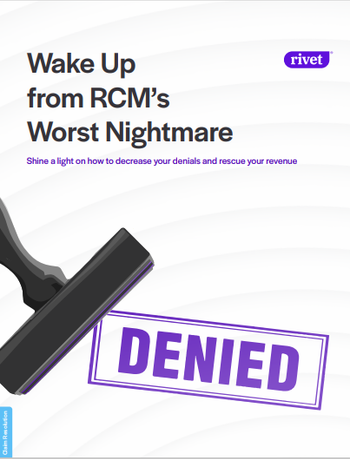

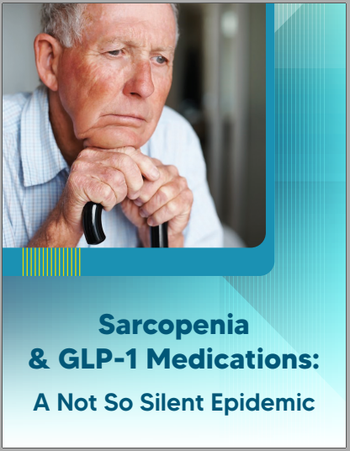
Though an effective tool for weight loss, GLP-1 medications do not distinguish between fat and muscle. Without a comprehensive nutrition plan including high-quality protein GLP-1 users may experience significant loss of skeletal muscle mass and strength that is detrimental to their health. Resistance training is also essential to support healthy muscle and healthier habits to prevent recidivism.

